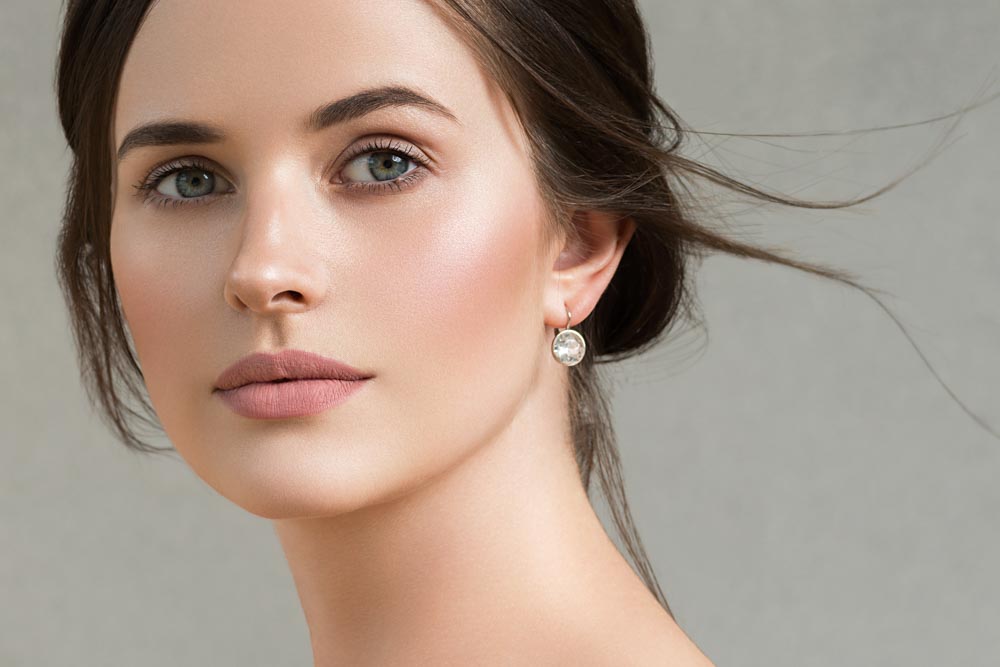
16 Jun Acne is a Medical Condition
Contrary to popular belief, acne isn’t a teenaged rite of passage. It’s a real medical condition that often requires professional treatment from a dermatologist, and it’s one of the most common reasons patients come to RefinedMD. There are two approaches that must be taken when treating acne. First, the acne itself must be treated in order to reduce active acne and prevent future breakouts. Next, many patients choose aesthetic treatments to reduce the lingering signs of former breakouts that can range from dark spots to scarring.
Too often, acne isn’t taken seriously. It’s poked fun at in movies and on television, and a lot of misinformation is spread about what acne is. It’s not caused by specific foods, such as chocolate or pizza. However, the skin is the biggest organ of the body and demands a healthy diet. It’s perfectly fine to have the occasional treat, but an overall poor diet will reflect on the body—including on the skin. Acne also isn’t a strictly teenaged affliction. It can be caused or exacerbated by hormonal shifts, which is why it’s so common in teenagers. However, many adults who don’t seek professional treatment can and will struggle with acne their entire lives. Women who are pregnant or going through menopause are also especially prone to acne.
Let’s dig a little deeper into what exactly acne is and how to treat it.
Different Types of Acne
There are different types of acne and the most common is called acne vulgaris. It presents as whiteheads, blackheads, and other “minor” pimples. You’ll most often find it on the face, shoulders, back, and chest. Over the counter topical creams may help with acne vulgaris, but other times you’ll need a prescription strength formula from your dermatologist even for the most common kind of acne.
Comedones, or a comedo, are a basic type of acne lesion. They occur when a hair follicle gets plugged with dead skin cells and oil. This can then turn into a bump, such as a whitehead or blackhead. Certain products such as makeup or sunscreen can increase the appearance of comedones. Seek out products that don’t clog pores and make sure that if you do use such products that your at-home cleansing routine is dermatologist-approved. Blackheads are a kind of comedo with an open surface that makes trapped oil and dead skin cells look black—they aren’t actually black, and blackheads aren’t dirt. They just look black because of the light reflection from a plugged hair follicle. Whiteheads are comedones that are closed, and the whiteness is due to the oil and skin cells trapped below the surface.
More Serious Acne
When a comedo becomes inflamed, it can turn into a papule. Papules look like pink or red bumps on the skin and can be painful to the touch. Picking and squeezing worsens the inflammation and can cause scarring. Papules are a sign of moderate to severe acne. Pustules are a different kind of inflamed acne, and look like a whitehead ringed in red. The bump is full of pus that’s white or yellow. Again, picking and squeezing worsens this acne and can cause scarring.
Nodules take inflamed acne to the next level. They are larger, red or pink, and firm to the touch. Nodules are formed deep below the skin’s surface and usually very painful. Only a dermatologist should treat a nodule, as over the counter medications are not nearly strong enough to help. Cystic acne is one of the most severe acne types of all. This type produces large cysts that look like boils and are full of pus. They are very painful and should only be treated by your dermatologist. Both nodules and cysts are signs of severe acne. There’s also acne conglobata, which is several inflamed nodules that connect together below the skin’s surface. It can happen on the neck, arms, chest, and buttocks and often leaves scars. Men are more susceptible to this form of acne and it requires immediate dermatological treatment.
Treating Your Acne
A dermatologist is the best person to treat your acne no matter the kind. Just like rosacea, acne requires a medical diagnosis to determine the right form of treatment, which may include prescription medications and possibly other procedures such as broadband light or microneedling to help with scarring. Call RefinedMD today at (408) 688-2082 to book your appointment.
